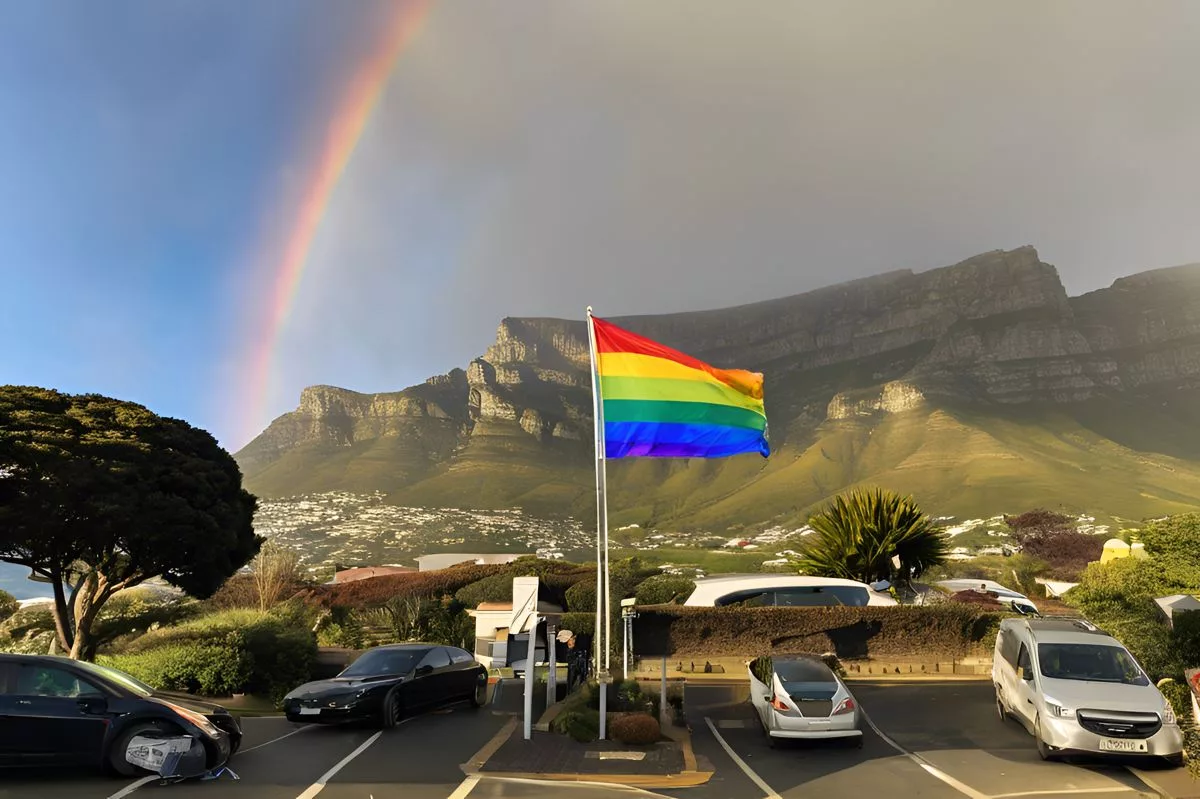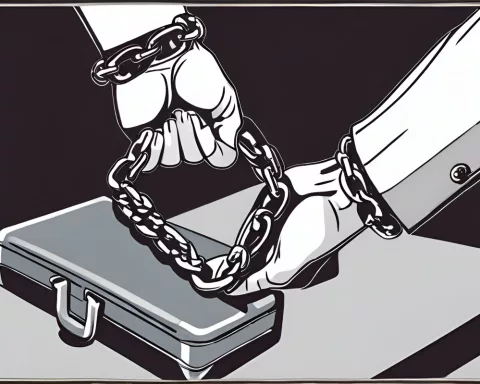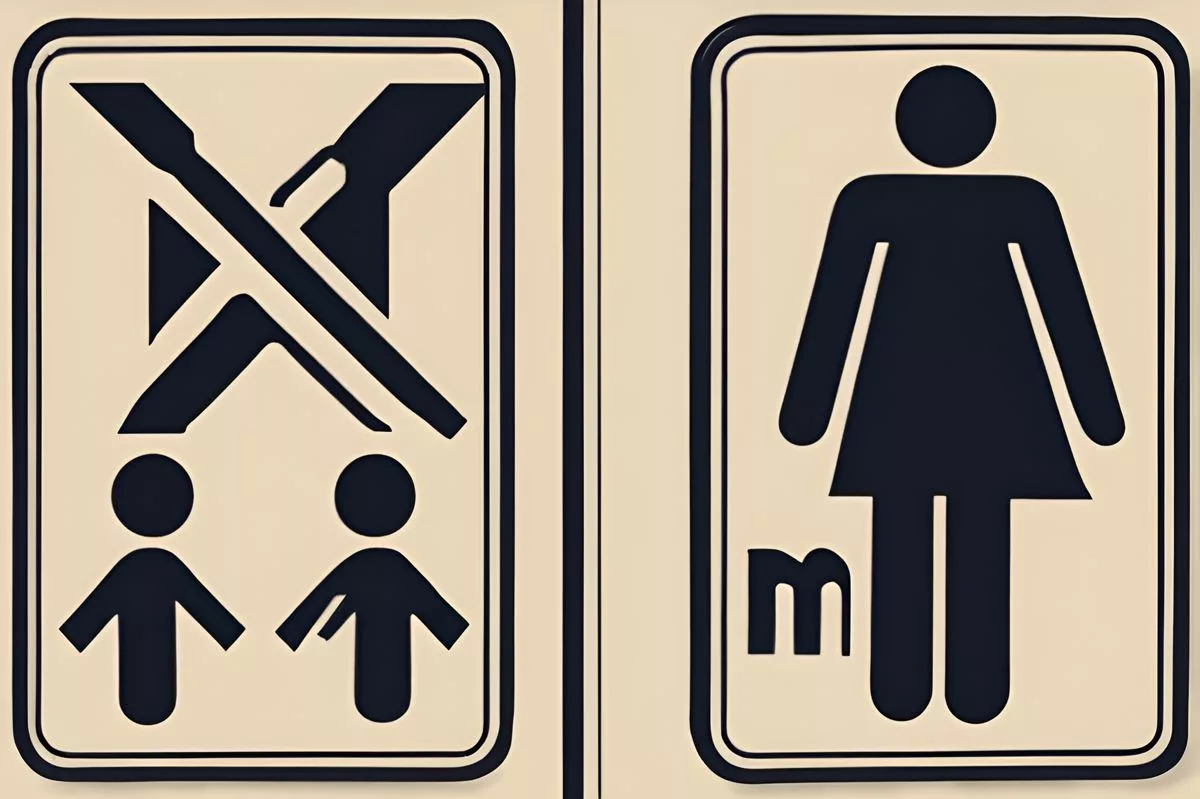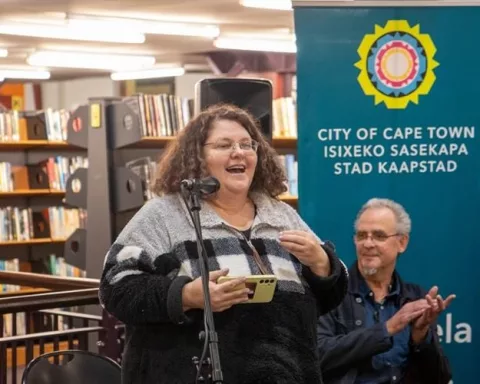April 27, 1994, marked the end of apartheid and the start of democracy in South Africa. This date is significant in South African history because it led to the first democratic elections and the election of Nelson Mandela as the first democratically elected president. The heroic men and women who led the struggle for justice, peace, and freedom are remembered, and the progress made in economic empowerment, education, healthcare, social support, and basic services is celebrated. South Africa stands as a beacon of hope for countries worldwide that yearn for social justice, peace, and a fair world order.
What is the significance of April 27, 1994, in South African history?
April 27, 1994, marks the demise of oppression and the transition of South Africa from a society disfigured by apartheid to a nation unified under the principles of equality and human rights. It was the day of the first democratic elections in South Africa, which led to the election of Nelson Mandela as the first democratically elected president. This date remains a significant milestone in South African history, marking the start of a new era of freedom and democracy.
The Dawn of Liberation
Three decades ago, the triumphant sound of freedom resonated throughout the diverse landscapes of South Africa. From Musina and Thohoyandou in the farthest north to the broad expanses of the Kalahari, the Karoo, and the Richtersveld, a harmonious symphony of liberation echoed. Every city, town, and village became a silent witness to the extraordinary emancipation of a once subjugated people.
The resounding score of liberty could be heard in Soweto, Sharpeville, Soshanguve, Evaton, Botshabelo, Umlazi, Khayelitsha, Mitchell’s Plain, and Mangaung. It echoed within the Union Buildings in Tshwane, a place that was once a symbol of dominance and control, which evolved into a beacon of liberation and unity. This significant day marked a transition in South Africa’s history, shifting from a society disfigured by apartheid to a nation unified under the principles of equality and human rights.
April 27, 1994, remains a significant date in the chronicles of South African history. That day marked the demise of oppression, a moment encapsulated by the new South African flag soaring high, reflecting a nation reborn.
Remembering the Trailblazers
This monumental day prompts us to pay tribute to the valiant men and women who led the struggle for justice, peace, and freedom. Nelson Mandela, the first democratically elected president and the architect of our democracy, is remembered with affection for his pivotal role in steering the nation’s future. His memory fuels our ongoing pursuit of the democratic principles he and other heroes committed their lives to.
The dawn of freedom was a groundbreaking event, but it was only the start. The arrival of democracy introduced a constitutional foundation based on equality, freedom, and human rights for all. The dignity of every South African, once crushed under the oppressive weight of colonialism and apartheid, was reinstated.
Democracy’s breakthrough liberated not only black South Africans but also emancipated white South Africans from the burden of prejudice and fear. As Mandela noted eloquently, apartheid was a system that stripped both the oppressed and the oppressor of their humanity.
The Progress of Democracy
Today, three decades on, the advancements made showcase the resilient spirit of the South African people. Society’s fabric has been interlaced with strands of economic empowerment, education, healthcare, social support, and basic services, integrating the marginalized and vulnerable into the mainstream.
The democratic state has dedicated immense effort to restore the dignity of all South African people. Programs like affirmative action, broad-based black economic empowerment, worker share ownership, and progressive labour laws have triggered transformative change in South Africa’s boardrooms, workplaces, and shop floors.
The road to achieving a society grounded in equality, irrespective of race, gender, sex, or sexual orientation, has been fraught with challenges. However, these hurdles have only served to fortify the nation’s commitment to democratic ideals.
In the realm of education, the doors of learning and culture have been opened wide. Investments in schools, colleges, and universities have expanded the pool of high school graduates, university graduates, and skilled youth, ensuring that poverty is no longer an obstacle to a quality education.
Reflecting on the Journey
Today, South Africa stands as a testament to the power and potential of democracy. The nation shines as a beacon of hope, not just for its citizens, but for countries worldwide that yearn for social justice, peace, and a fair world order.
The remnants of apartheid, though still apparent in certain aspects of South African society, no longer dictate the nation’s destiny. The fight against unemployment, poverty, and underdevelopment persists, but the spirit of optimism, resilience, and hope remains unbroken.
As we celebrate this milestone, let us recall the words of Nelson Mandela, spoken at his inauguration at the Union Buildings on May 10, 1994, “The sun shall never set on so glorious a human achievement!” May we endeavor to ensure that the promise of freedom continues to resonate for every South African.
In this celebration of unity, equality, and shared prosperity, we look back with gratitude, confront the present with courage, and anticipate the future with hope. Let freedom rule.
1. What is the significance of April 27, 1994, in South African history?
April 27, 1994, marks the end of apartheid and the start of democracy in South Africa. It led to the first democratic elections and the election of Nelson Mandela as the first democratically elected president. This date remains a significant milestone in South African history, marking the start of a new era of freedom and democracy.
2. Who are the trailblazers in the struggle for justice, peace, and freedom in South Africa?
The valiant men and women who led the struggle for justice, peace, and freedom in South Africa are remembered with affection. Nelson Mandela, the first democratically elected president and the architect of democracy, is one of the most prominent leaders.
3. What progress has been made in South Africa since the dawn of democracy?
Since the dawn of democracy, South Africa has made progress in economic empowerment, education, healthcare, social support, and basic services, integrating the marginalized and vulnerable into the mainstream. Programs like affirmative action, broad-based black economic empowerment, worker share ownership, and progressive labour laws have triggered transformative change in South Africa’s boardrooms, workplaces, and shop floors.
4. What are the challenges faced by South Africa in achieving equality?
The road to achieving a society grounded in equality, irrespective of race, gender, sex, or sexual orientation, has been fraught with challenges. However, these hurdles have only served to fortify the nation’s commitment to democratic ideals.
5. What is the current status of South Africa in terms of social justice and peace?
South Africa stands as a beacon of hope, not just for its citizens, but for countries worldwide that yearn for social justice, peace, and a fair world order. The fight against unemployment, poverty, and underdevelopment persists, but the spirit of optimism, resilience, and hope remains unbroken.
6. What is the message conveyed by Nelson Mandela?
Nelson Mandela’s message conveyed at his inauguration at the Union Buildings on May 10, 1994, was “The sun shall never set on so glorious a human achievement!” This message inspires the nation to continue the endeavor to ensure that the promise of freedom continues to resonate for every South African.












